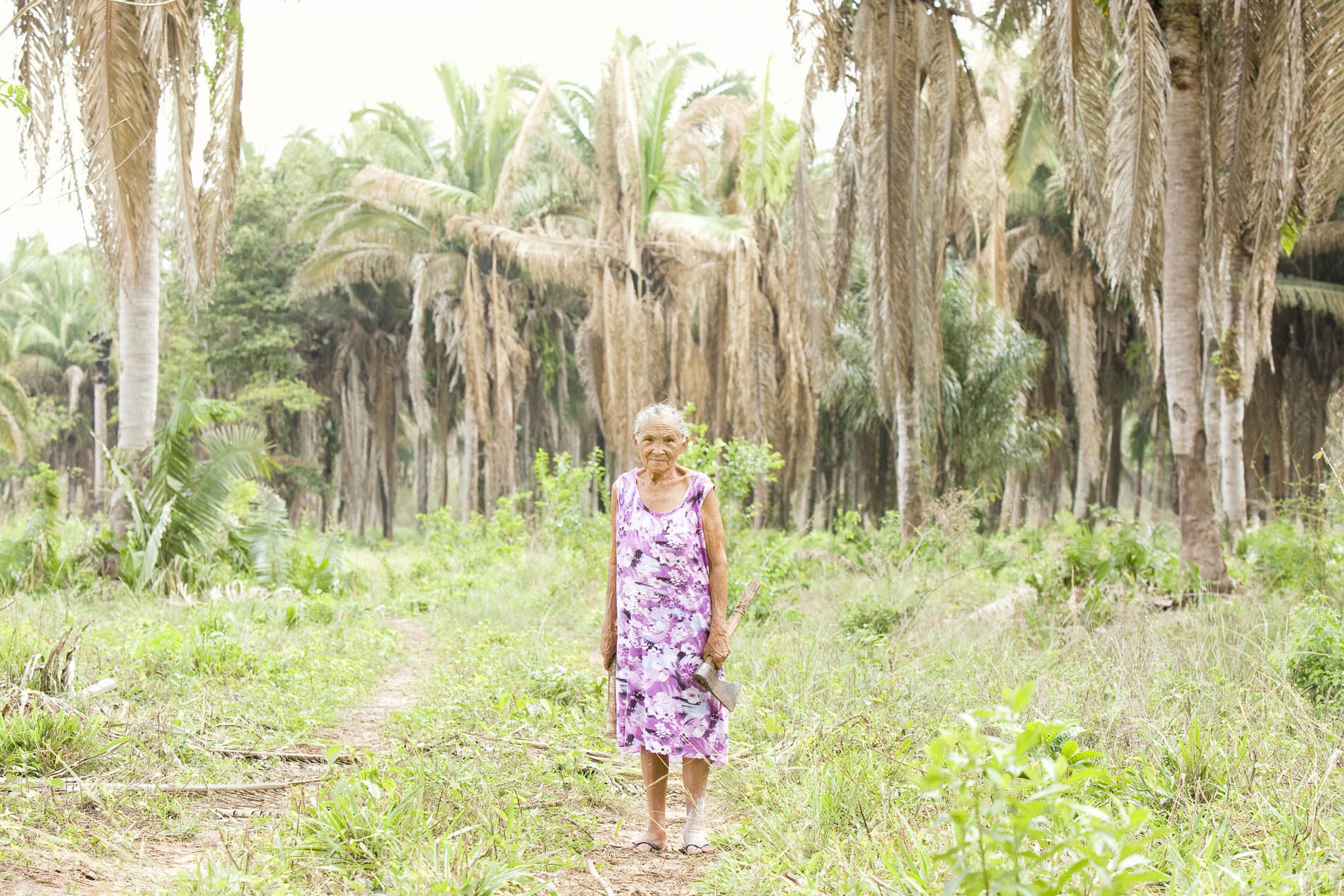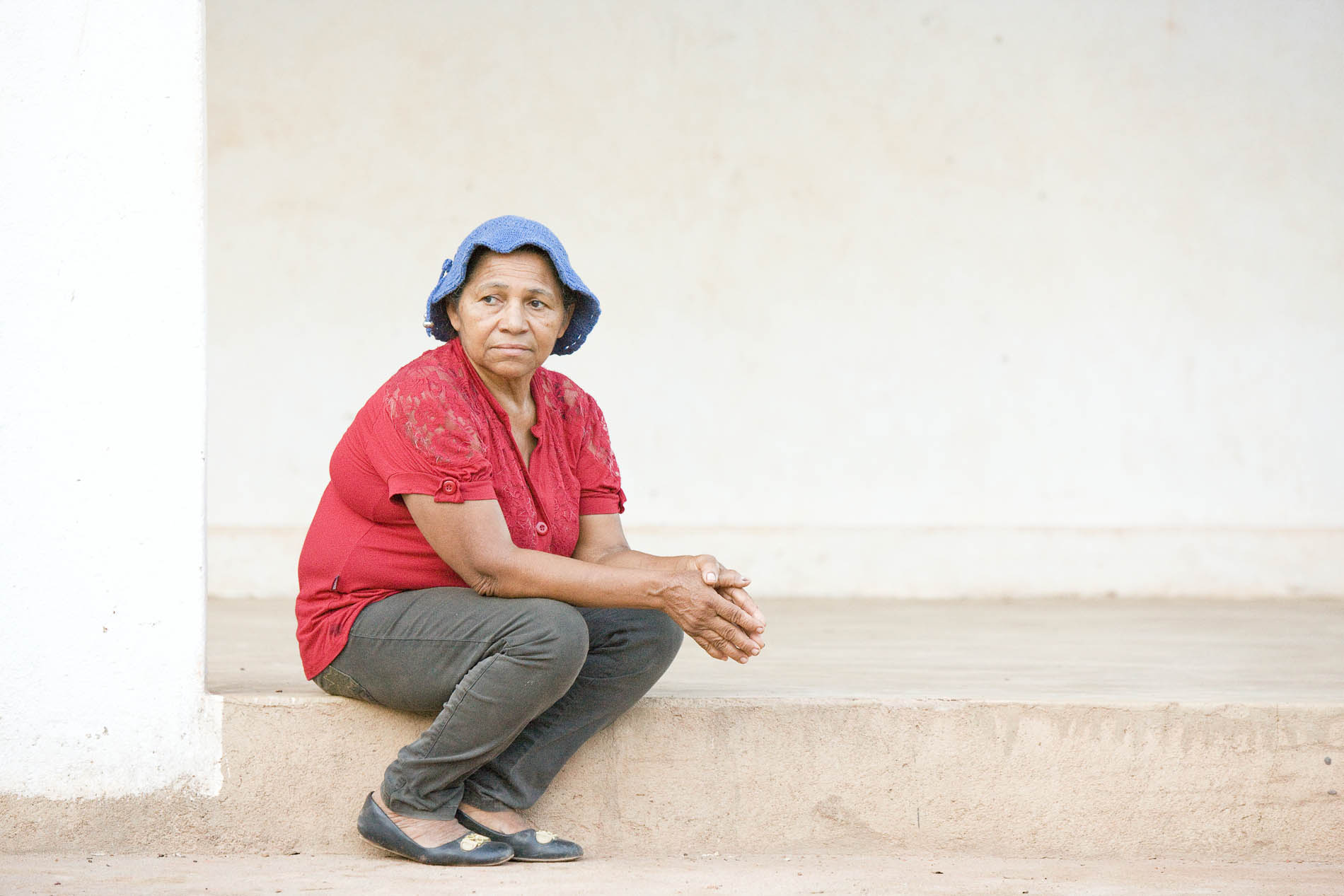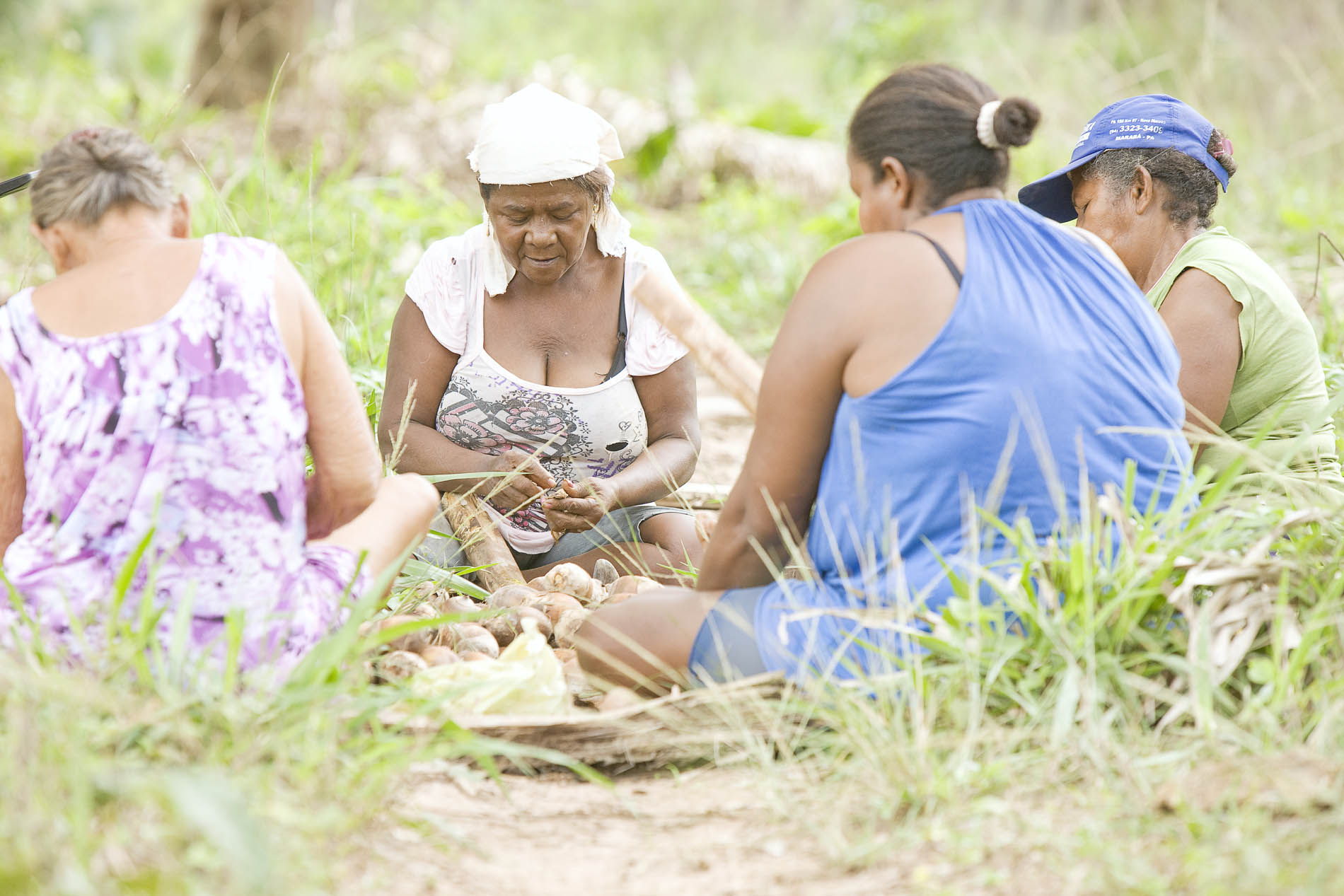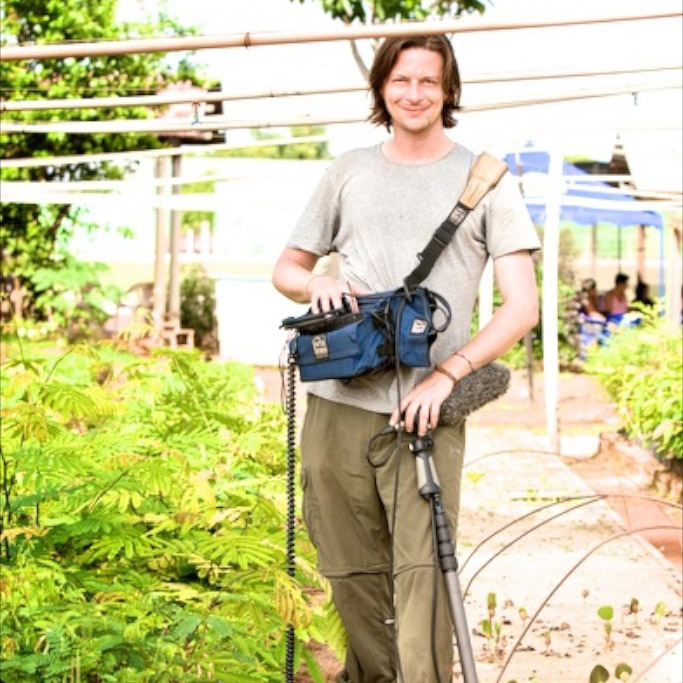Brazil's Warrior Women
Quand des femmes se soulèvent pour avoir accès à l’huile de babassu
Tags
- Brazil
- Brazil
- Ethical Consumption
- Uncategorized
The humble babassu palm provides a livelihood for communities of women across North Eastern Brazil. Bread, charcoal, oil and soap are produced from the nut and husk; the surplus is sold on. But production has not always been so peaceful. Babassu: Brazil’s Warrior Women tells the story of the hard battle to maintain these communities’ way of life. In the face of intimidation and threats from farmers for years, Babassu women have negotiated their own terms; creating a grassroots movement and establishing the ‘Free Babassu Law’ in seven states. The law gives landless coconut gatherers rights to collect from palm groves. These inspiring women are now able to plan for the long-term, diversifying their business and securing their future. They fight for their families, their forests and the Amazon as a whole.
-
Profile
Maria de Jesus Ferreira Bringelo, ‘Dona Tije’, femme babassu, membre du MIQCB Etat de Maranhao, Brésil.
View profile
-
Profile
Femme babassu, membre du MIQCB, Etat de Tocantins, Brésil
View profile
-
Profile
Femme babassu, membre du MIQCB, Etat de Maranhao, Brésil
View profile
-
Profile
The Interstate Movement of Babassu breakers is a social movement that brings together the babassu coconut breakers. Joining forces over...
View profile
-
Profile
Formed in 2006, by Paul Redman (director & camera) and Tim Lewis (producer & sound), Handcrafted Films have worked in many diff...y.
View profile
-
Profile
Director – Project Manager
Paul Redman’s documentary filmmaker. Recognized internationally, his work has been rewarded many...
View profile
-
Profile
Producteur
En tant que producteur, ingénieur du son, monteur, photographe ou écrivain, Tim Lewis a produit plusieurs documentaires po...
View profile
-
Profile
Photographe
Joel Redman est photographe. Son travail est exposé et récompensé internationalement. Joel a été publié dans The Guar...
View profile
-
Film
Brazil’s African slave descendants, the Quilombola, have fought a long and hard struggle for recognition. After the abolition of the slave trade they were left abandoned and ostracised, devoid of rights and outside of Brazilian mainstream society. But things are slowly changing amongst rural communities. In the 1988 constitution Brazil’s Quilombola were granted access to […]
Watch film








